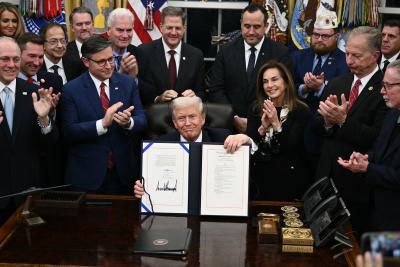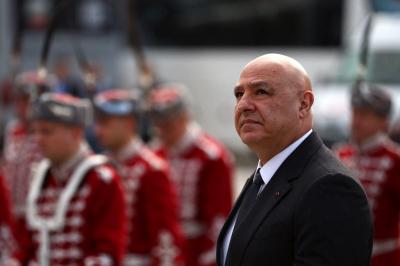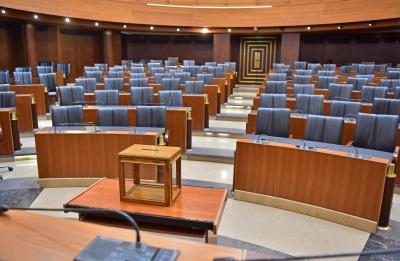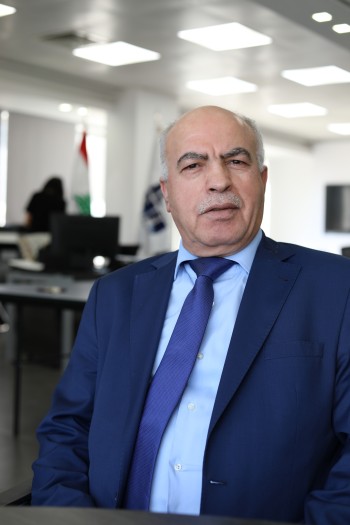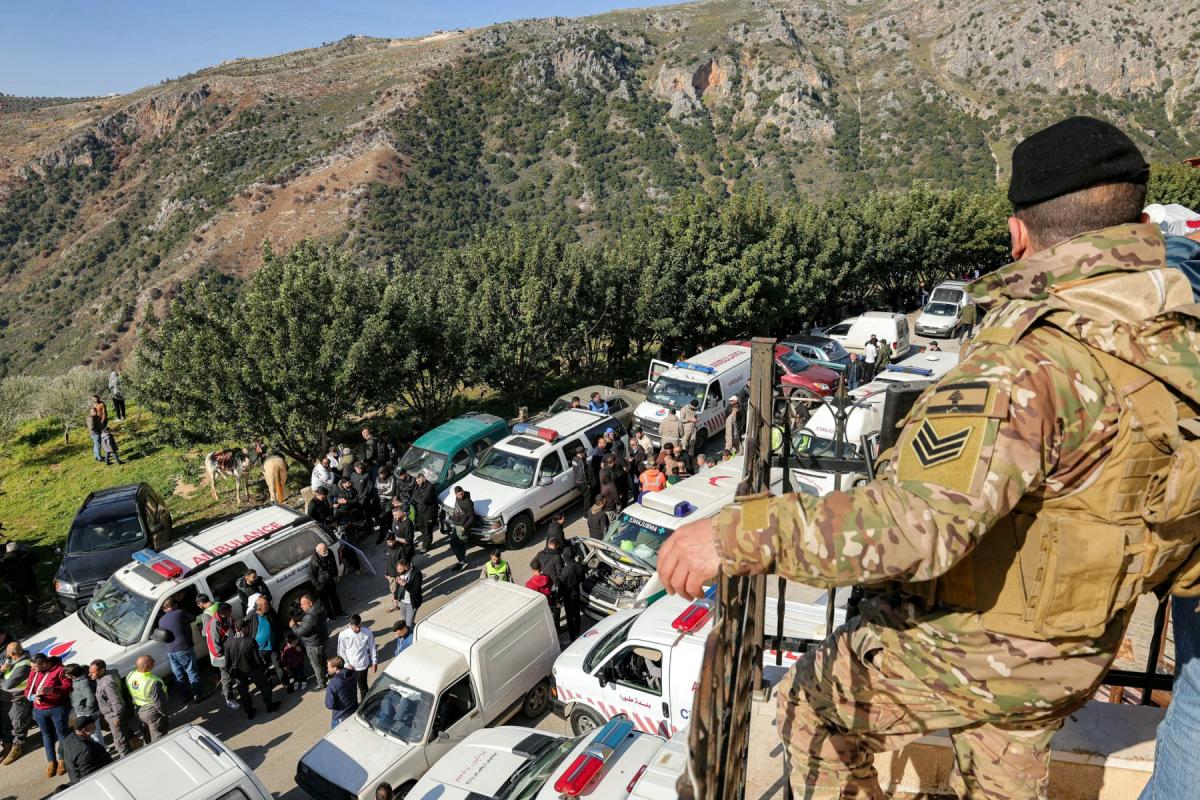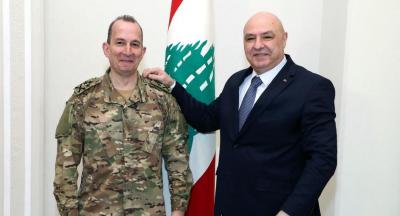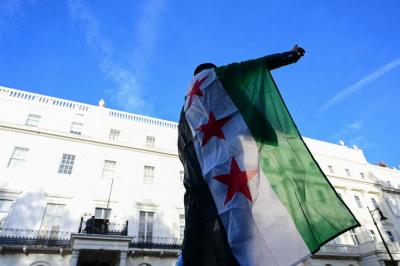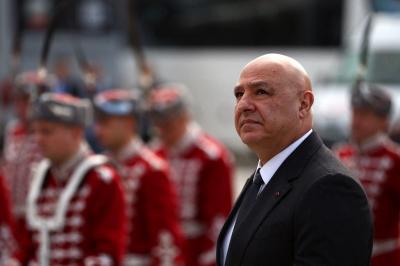Lebanon is waiting for the Lebanese Army to release its operational plan to implement the Cabinet’s decision to “restrict all weapons to the state.” In the meantime, the country is engulfed in orchestrated media and political campaigns. Some are aimed at sowing fear among the Shiite base of the Amal Movement and "Hezbollah" by speaking of looming wars on the southern front and along Lebanon’s eastern and northern borders with Syria. Others are sounding alarms to the Lebanese authorities and supporters of disarmament, warning of the risk of civil strife or even civil war.
Yet, assessments grounded in the current realities suggest that neither scenario is likely. Two main factors stand out:
First, channels of negotiation over the weapons file remain open in search of an internal compromise based on the formula “neither the wolf dies, nor the flock perishes.”
Second, the prospect of war appears limited. On the Syrian side, the new leadership, constrained by its own domestic circumstances, is in no position to launch a war across the Lebanese border—despite speculation about “tribal movements” in the Qusayr area.
Meanwhile, Israel is preoccupied with its campaign in Gaza, where it is seeking to fully seize control ahead of annexation plans for a “Greater Israel.” Prime Minister Benjamin Netanyahu recently unveiled his geographic map for that project, just weeks before the annual United Nations General Assembly session in September, where major developments are expected.
Between these two looming dangers lies another pressing challenge: the renewal of the UNIFIL mandate in southern Lebanon, set to expire at the end of August. This issue has become a battleground between the United States and Israel on one side, and Lebanon, along with UNIFIL-contributing countries, on the other. The outcome is expected to feature prominently in the talks of U.S. envoy Tom Barak and his deputy, Morgan Ortagus, during their meetings with Lebanese officials, given how closely the UNIFIL mandate is tied to Washington’s proposals for the southern border.
The U.S.—the largest financial contributor to UNIFIL’s $150 million annual budget, followed by China—has decided to halt its funding. Washington has aligned with Israel to push for ending UNIFIL’s mission unless its rules of engagement are revised to transform it into a deterrent force under Chapter VII of the UN Charter, while also compelling Lebanon to negotiate directly with Tel Aviv before reaching any agreement. Lebanon has rejected this approach, even refusing the so-called “tripartite committees” Ortagus once promoted as an alternative framework for talks. If no agreement is reached, Washington and Tel Aviv are expected to settle for a one-year “technical extension” during which UNIFIL would prepare for a full withdrawal. Concerns persist over whether the Lebanese Army is ready to take over UNIFIL’s responsibilities. Yet proponents of the government’s disarmament plan argue the army could manage, especially since the plan includes a provision of $1 billion in annual funding over ten years.
Behind closed doors, consultations are reportedly focused on producing an arrangement that places weapons exclusively under state authority while avoiding internal clashes. Such an outcome would also deprive Israel of excuses to violate the ceasefire or delay its withdrawal beyond the terms of the November 27 agreement and UN Resolution 1701.
The compromise under discussion would see the army collect "Hezbollah"’s weapons, but only after Israel permanently halts hostilities and withdraws from all occupied Lebanese territory. "Hezbollah", however, insists that Israeli withdrawal must come first before tackling its weapons within a broader national defense strategy.
Signs of a potential breakthrough have begun to emerge. "Hezbollah" has distinguished between “restricting weapons to the state” and “disarmament.” MP Ibrahim Mousawi clarified that while the former is theoretically possible, the latter is unrealistic under constant Israeli threats. He stressed "Hezbollah"’s openness to dialogue and willingness to engage with any serious initiative.
It is in this context that Ali Larijani, Secretary-General of Iran’s Supreme National Security Council, paid a visit to Beirut. His trip was seen as a counter-diplomatic offensive against Washington’s push to impose deadlines for "Hezbollah"’s disarmament in Lebanon and the Popular Mobilization Forces in Iraq. Notably, Larijani’s tour included only Lebanon and Iraq.
Although Prime Minister Nawaf Salam responded to the visit coolly—unlike the warm welcome Larijani received from Speaker Nabih Berri—the essence of Larijani’s message was clear: the equations that governed the region before the recent wars no longer apply. New ones are in place, and Washington must take them into account. He warned that Tehran will not stand idle if war erupts against it or its allies within the “Axis of Resistance.” In private meetings, Larijani emphasized that "Hezbollah" and its Shiite base “will not be abandoned,” stressing that any new confrontation would trigger a “unity of battlefronts” across the region in what he described as an existential struggle.
Ultimately, the outcome of U.S. envoy Barak’s latest mission to Lebanon will give all sides a better sense of the winds ahead—regarding "Hezbollah"’s arms, the fate of UNIFIL, and the ripple effects of the recent Alaska summit between Presidents Donald Trump and Vladimir Putin.
Please post your comments on:
[email protected]
 Politics
Politics


